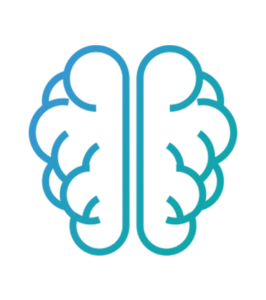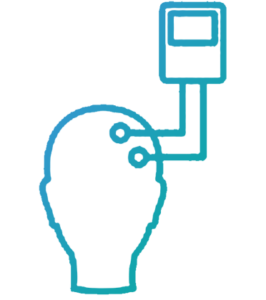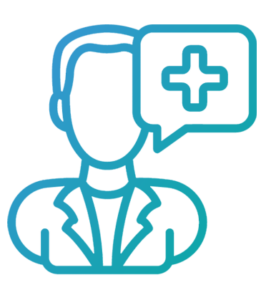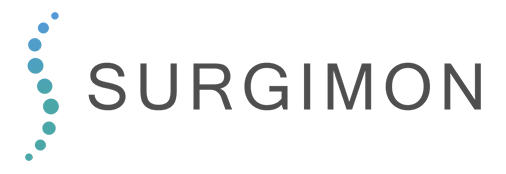
Neuromonitoring
During surgeries in which the nervous system is specifically at risk, neuromonitoring protects patients by providing continuous monitoring of the at-risk structures. Depending on the surgery, a variety of tests can be used to assess function of the brain, spinal cord, cranial nerves, peripheral nerves, and blood vessels. A technologist certified in neuromonitoring, under the direction of a Supervising Professional, evaluates data throughout the surgery. If a significant indicator is detected, the neuromonitoring team provides immediate feedback to the surgeon and rest of the surgical team, who can then respond quickly to minimize injury.
For a list of surgeries, click here.

cEEG Monitoring
An electroencephalogram (EEG) is a test that detects electrical activity in the brain using electrodes on the scalp. Brain cells communicate via electrical impulses, and this electrical activity shows up as a variety of waveforms on an EEG recording. EEG monitoring is used to diagnose epilepsy, as well as other brain disorders, and aid in the protection of brain function in critically ill patients.
Continuous electroencephalography (cEEG) can be used in neurosurgery, surgical, pediatric, neonatal and general medicine ICUs. Providing 24/7 coverage for the critically ill, comatose, sedated or non-verbal patient, cEEG monitoring quickly recognizes changes in brain function and allows for immediate treatment.
Identifying and immediately treating seizures aids in avoiding complicated and costly patient outcomes. Telemedicine provides for continuous “eyes-on” video and cEEG scanning by the technical staff with timely intervention to the hospital caregiver. Surgimon offers continuous video EEG monitoring with hemodynamic correlation for patients in the Epilepsy Monitoring Unit (EMU) and other patients with a need for continuous EEG monitoring in the ICU. Our services are especially useful for patients in the ICU in which the incidence of non-convulsive status epilepticus (NCSE) can be as high as 34%.
Our front-line clinical specialists are highly experienced, board-certified electroencephalography (R. EEG T.) and/or long-term monitoring (CLTM) technologists. If needed, our clinical specialists can quickly take control over the data collection to identify pathological signals, and provide immediate intervention. Working with our licensed and credentialed Board-certified neurologists, our clinical specialists correlate changes in brain function with other clinical variables, such as MAP, cerebral perfusion, brain tissue oxygen (PbtO2), ICP, SpO2 and CPP, with the goal of improving patient outcomes and minimizing neurologic injury.

Professional Oversight
A Supervising Professional is essential to the delivery of neuromonitoring, responsible for technological supervision, interpretation, and diagnostic/therapeutic (interventional) suggestions or recommendations during neuromonitoring. At Surgimon, our qualifications for the Supervising Professional require the physician or other healthcare practitioner to be Board-certified by the American Board of Psychiatry and Neurology in Neurology or by the American Board Neurophysiologic Monitoring.
Surgimon is available to provide professional oversight support to all providers of neuromonitoring and cEEG services, including hospitals and private practices. In most cases, our professional oversight is provided at no cost.





